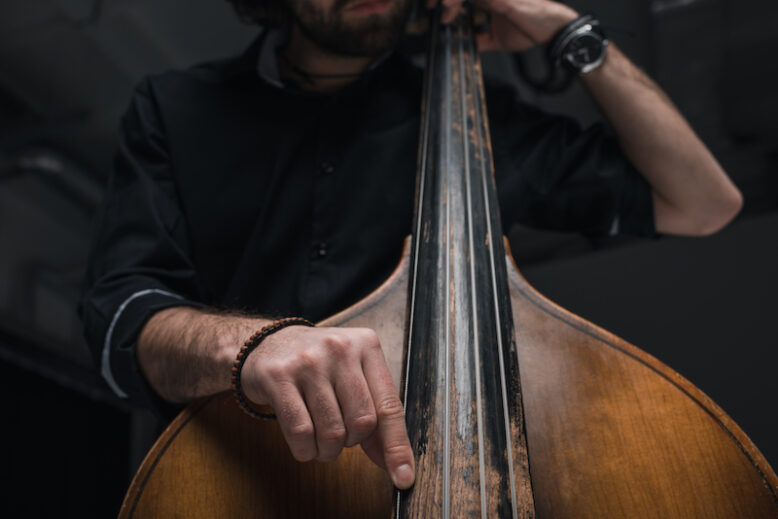Basso is one of those Italian words that has numerous translations in English, so let’s not waste any time and dive right in!

Basso is first and foremost an adjective that comes from the Latin bassum. To make it feminine, simply swap the -o out for an -a to make bassa. The respective plural forms are bassi and basse.
Perhaps the most common translation for this word is low. It can refer to the low position, level, intensity, or value of something, as in the following examples:
- tavolo basso = a low table
- basso consumo = low consumption
- luce bassa = low light
- bassa qualità = low quality
- bassa stagione = low season
- colpo basso = low blow
- prezzo basso = low price
- bassa marea = low tide
Sto ascoltando la musica a basso volume.
I am listening to the music at a low volume.

When referring to the height of an individual, the best translation is short. To say that someone is short in stature, for example, you would have to say di bassa statura in Italian.
Maria è più bassa di Mario.
Maria is shorter than Mario.
One translation that surprised me when I first starting studying Italian is shallow, as in shallow water (acqua bassa).

Moving on to the figurative meanings of basso, we encounter a bit more variety. When describing a person’s origins, it can mean humble or modest, whereas when describing the morality of something, it can mean vile (e.g. bassi giochetti = vile games). In geography, it signifies southern (e.g., la bassa Italia = southern Italy), while in historical terms, it denotes late (e.g., Late Middle Ages = basso Medioevo).
In addition to being an adjective, basso is also a common adverb:
- parlare basso = to speak softly
- guadare basso = to look downward
- volare basso = to fly low (to make yourself less noticeable)
- colpire basso = to hit below the belt (to carry out a deplorable action for one’s own benefit)
Carla guardava basso e non voleva rispondere.
Carla was looking down and didn’t want to respond.
In both English and Italian, the word basso is commonly used as a noun in the world of music. It can refer to a bass singer, particularly in opera, an instrumental part written for a bass instrument, or it can indicate the double bass (also known as the contrabass). As an adjective, it can also describe bass notes (note basse), the lowest notes on the musical scale.

As a noun, it also indicates the lower part of something, or a lower area in relation to another point of reference. Normally we’d translate it as bottom, below, or down in English, depending on the context. For example:
- alti e bassi = ups and downs
- il basso della pagina = the bottom of the page
- dal basso = from below
It’s closely related to the verb abbassare, a verb meaning to lower, and the less common dabbasso, meaning down, below or underneath.
Heather Broster is a graduate with honours in linguistics from the University of Western Ontario. She is an aspiring polyglot, proficient in English and Italian, as well as Japanese, Welsh, and French to varying degrees of fluency. Originally from Toronto, Heather has resided in various countries, notably Italy for a period of six years. Her primary focus lies in the fields of language acquisition, education, and bilingual instruction.


